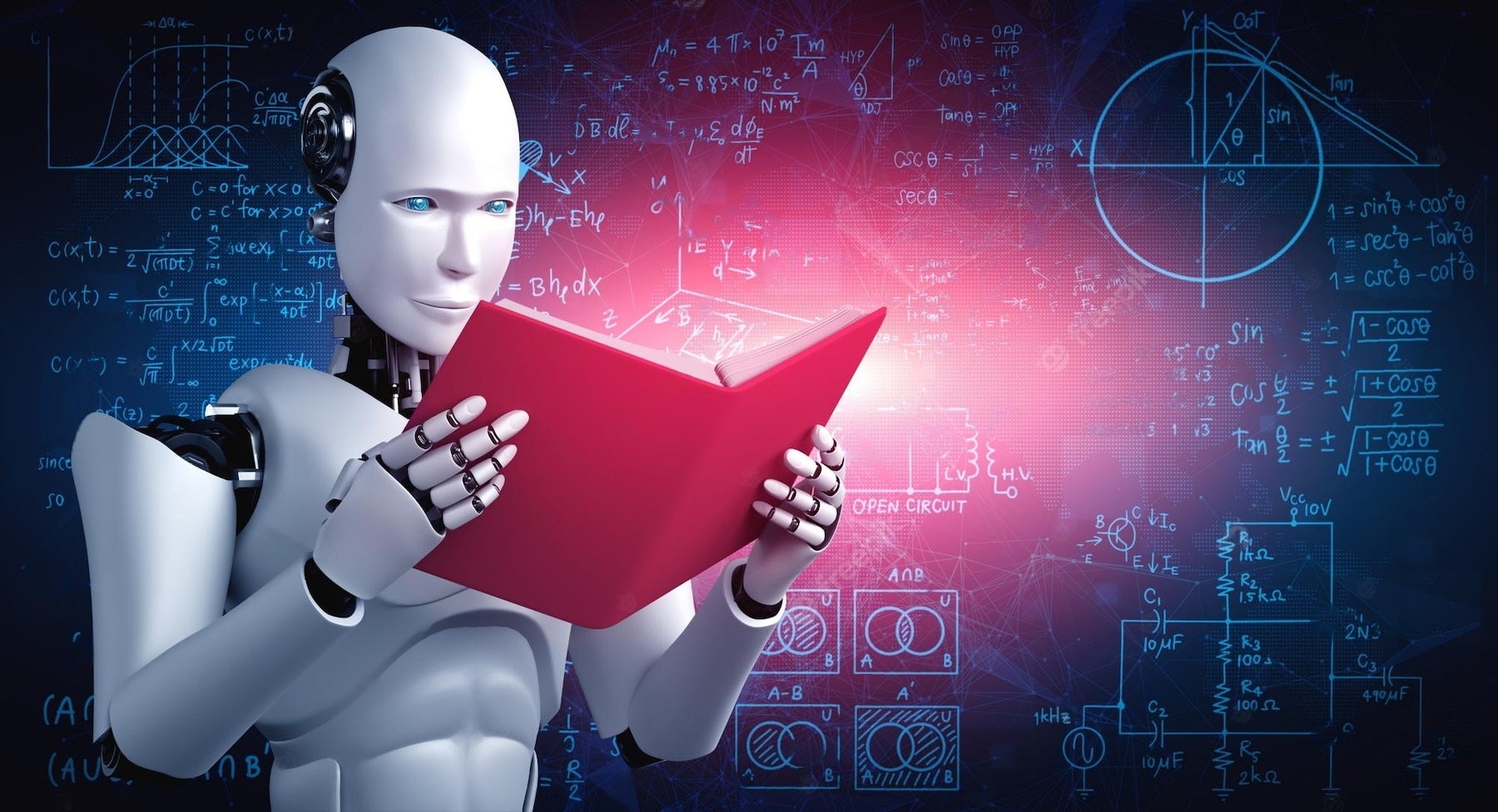Artificial Intelligence (AI), an intriguing domain that once belonged solely to the realms of science fiction, has now become a critical part of various industries, including education. With the ability to automate tasks, provide personalized learning experiences, and enhance administrative efficiency, AI has been making a significant impact on the educational landscape.
The Rise of AI in Education
In the recent decade, AI has been progressively integrated into educational systems worldwide. According to a report by eSchool News, 47.5% of learning management tools are predicted to use AI by 2023. Indeed, AI’s growth in the educational sphere has opened up a myriad of opportunities to improve both teaching and learning processes. These include personalized learning, administrative task automation, student progress evaluation, and tutoring support.
The Potential of AI in Personalized Learning
Personalized learning refers to the tailoring of pedagogy, curriculum, and learning environments to meet the unique learning needs and aspirations of individual students. With AI’s adaptive learning technology, educational content can be personalized to cater to a student’s learning pace, style, and interest.
Consider the case of Content Technologies Inc., an AI company that has developed a platform capable of producing customizable digital textbooks. The platform’s AI capabilities analyze a student’s interaction with the textbook and adapt the content to cater to the individual’s learning style. It emphasizes topics the student struggles with and skips those they have already mastered.
AI and Administrative Tasks
AI not only enhances learning experiences but also streamlines administrative tasks. Machine learning algorithms can automate tedious tasks like admissions and scheduling. For instance, Georgia State University uses an AI chatbot called “Pounce” to answer queries from prospective students, reducing the number of students who forget to enroll by 21%.
AI in Evaluating Student Progress
Evaluation is a crucial component of education, and AI can play a significant role here. AI systems can automate grading for multiple-choice and fill-in-the-blank testing, allowing educators more time to focus on interactive and comprehensive assessments.
Moreover, AI can provide real-time feedback, enabling students to understand their mistakes immediately and learn from them. Companies like Bakpax use AI to read handwriting and auto-grade schoolwork, offering instant feedback to students and detailed reports for teachers.
The Role of AI in Tutoring and Support
AI also plays a significant role in tutoring and support, with several companies developing AI-driven tutoring systems. For example, Carnegie Learning’s MATHia platform offers personalized math tutoring, adjusting in real time to a student’s needs.
The system can provide hints and feedback as a human tutor would, allowing students to learn at their own pace. It further helps in identifying gaps in a student’s knowledge, enabling the system to provide targeted instruction.
Challenges and Concerns with AI in Education
However, the integration of AI in education isn’t without its challenges and concerns. These include the risk of data privacy breaches, the fear of AI replacing human teachers, and issues around ensuring equitable access to AI technologies.
Data privacy is a serious concern as AI systems often rely on the collection and analysis of substantial amounts of student data. This raises questions about how this data is stored, who has access to it, and the potential for misuse.
Additionally, while AI can enhance teaching and learning, it cannot replace the empathy, passion, and human touch that teachers bring into the classroom. Furthermore, there’s a need to ensure equitable access to AI technologies to prevent the widening of the digital divide.
Conclusion: The Future of AI in Education
The future of AI in education looks promising, with endless possibilities. As AI technology advances, we may see more personalized learning experiences, efficient administrative processes, accurate student assessments, and effective tutoring systems.
However, we must navigate this journey with caution, considering the potential challenges and ensuring that AI is used to augment human teachers and not replace them. It’s an exciting journey that requires educators, policymakers, and AI professionals to collaborate and ensure the technology is used effectively and ethically.


